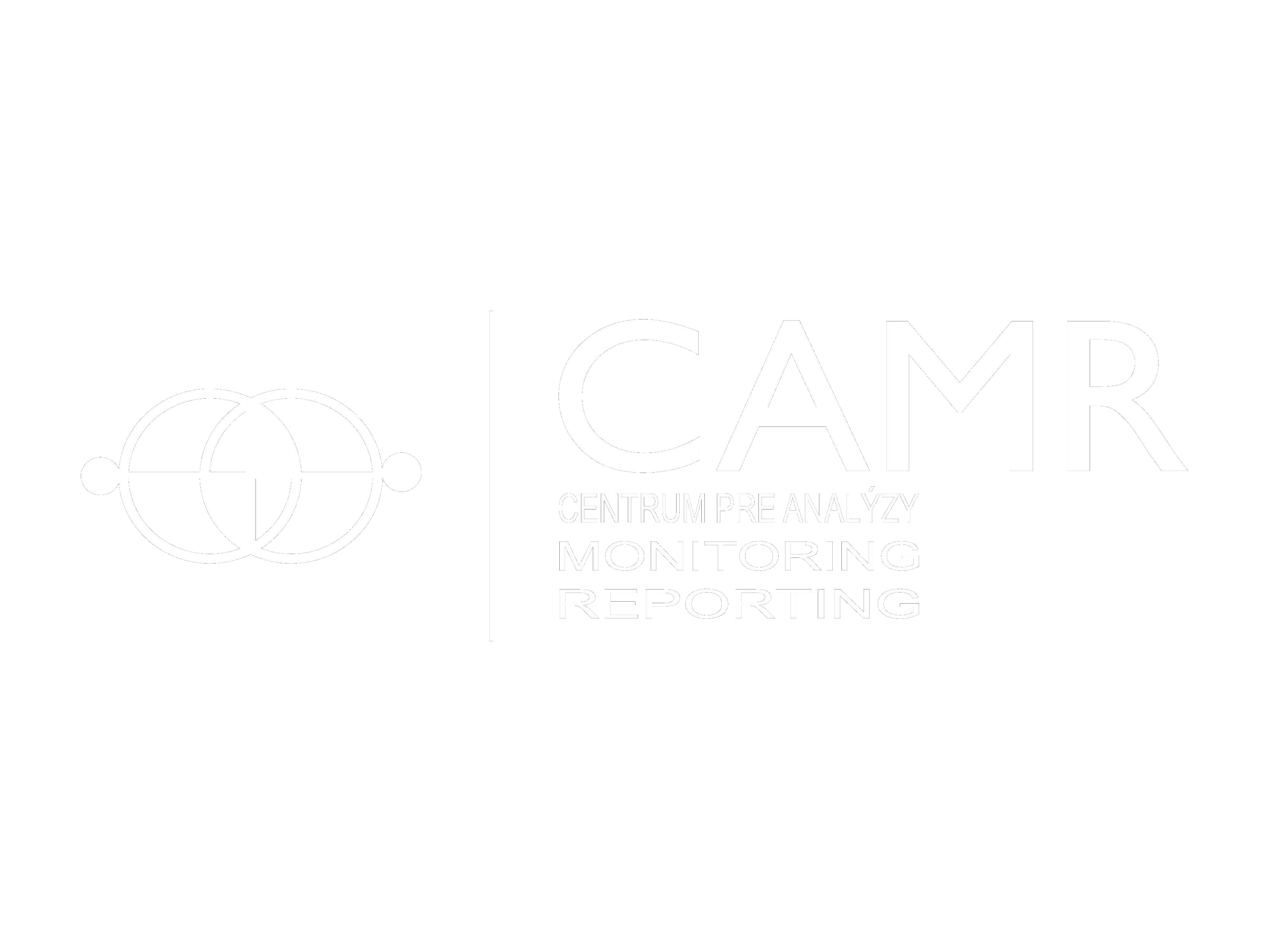On December 6, 2024, the long-awaited free trade agreement between the European Union and the four founding members of the Common Southern Market (MERCOSUR), including Argentina, Brazil, Paraguay, and Uruguay, was signed in Montevideo. After 25 years of negotiations, the agreement aims to boost trade relations and economic integration between the two regions, fostering sustainable development in South America. Bringing together more than 700 million consumers, the deal will create one of the largest trade zones in the world. However, the outcome generated varied reactions among leaders; some praised it as a „historic agreement,“ while others deemed it „unacceptable.“
A deal that goes beyond the economy
A key element of the agreement is the removal of tariffs on more than 90% of bilateral trade, improving access to each other’s markets for exporters from both regions. Specifically, MERCOSUR countries will eliminate tariffs on 91% of European, mainly industrial products, such as machinery and vehicles, which are crucial for the region’s modernization and boosted economic efficiency. This will save European exporters more than €4 billion yearly in duties. In exchange, the EU will liberalize 95% of goods imported from MERCOSUR, especially agricultural products, ensuring their preferential entry into European markets. Another important interest of the EU is to secure access to critical raw materials, including lithium, which is essential for the EU’s green and digital transformation. The agreement thus provides a comprehensive economic framework, enhancing mutual investment and cooperation between the regions.
Similar to other modern trade deals, the EU-MERCOSUR agreement is not limited solely to economic aspects, underlining the commitment to combat climate change and promote sustainable development. Additionally, the agreement emphasizes maintaining high labour standards and strengthening compliance with the Paris Climate Agreement. Especially crucial was the EU’s insistence on preventing deforestation. Nevertheless, various experts and initiatives are worried about the agreement’s environmental and social consequences, arguing that the deal will enhance industries that belong to major contributors to climate change and environmental damage while posing a significant threat to indigenous communities in South America.
Concerns have also been raised regarding the agreement’s impact on sustainable development, expressing worries that it could lead to economic stagnation and increased social inequality in both regions. Whether these concerns will be confirmed can only be determined in hindsight, after the countries from both blocs have ratified the agreement and it has entered into force. However, the ratification process itself may not be smooth, notably in the countries of the European Union.
Ratification process and possible challenges
The position of the EU member states on the agreement has been far from unanimous. Some countries, mainly Germany and Spain, strongly supported the agreement, seeing it as an opportunity to expand trade relations and strengthen strategic ties with South America. On the contrary, France, Poland, and Austria have expressed their opposition to the agreement, fearing that the deal would lead to unfair competition between European and South American farmers, and have disastrous environmental impacts.
The EU’s ratification process involves various complex steps. Based on the opinion of the European Commission, the agreement will be submitted for approval to the European Parliament, where majority support is needed to be later passed for ratification to the Council of the EU. In this last institution, the majority of 55% of states with at least 65% of the population is needed for successful ratification. Possibly, the European Commission would seek to provide guarantees to European farmers to convince more reluctant states. However, it is expected that France will attempt to form a minority able to block the deal. If these challenges are resolved, the treaty can be implemented only provisionally, as certain issues need to be ratified by individual member states which could take months or years.
In the case of MERCOSUR, the ratification process is not that complicated, given the absence of veto power. In practical terms, the deal will apply to member countries that ratify it, regardless of the decision of the others.
Strategic geopolitical significance
In terms of foreign policy, the South American region has not been traditionally prioritized by the EU (except for Spain and Portugal). Hence, the newly signed agreement could indicate a shift in the European Union’s strategic focus. This dynamic is at least partially linked to relations with China both in the case of the EU and MECOSUR. The European Union attempts to broaden its economic ties by moving away from China while seeking to mitigate the Asian power’s rapidly growing influence in South America.
Another key factor contributing to the deal was the re-election of Donald Trump as US President and his threat to raise tariffs, highlighting the global tendency towards greater protectionism. Both regions sensed the time was right to conclude the agreement, considering it a possible alternative to secure their influence in the global trade arena.
The deal’s impact on economic development and potential environmental and social consequences in both regions can only be assessed over time if it successfully comes into effect. However, in terms of foreign policy between the EU and South America, the agreement represents a positive step, strengthening mutual relations and providing space for further inter-regional cooperation.
Author: Adela Sadloňová
Sources
China’s Growing Influence in Latin America | Council on Foreign Relations
EU-Mercosur deal concluded in secrecy, a tragic blow to the planet and democracy – CAN Europe
EU, Mercosur leaders react to free trade deal | Reuters
EU-Mercosur trade deal: Winners and losers in Europe | Euronews
Four questions (and expert answers) about the EU-Mercosur trade deal – Atlantic Council
The bigger picture: The case for an EU-Mercosur free trade deal | ECFR
The EU-Mercosur Deal Is About More Than Trade | Carnegie Endowment for International Peace
What Are the Implications of the EU–Mercosur Free Trade Agreement?
Why is lithium crucial to the EU’s green and digital transition? | Euronews
Photo: Canva




















